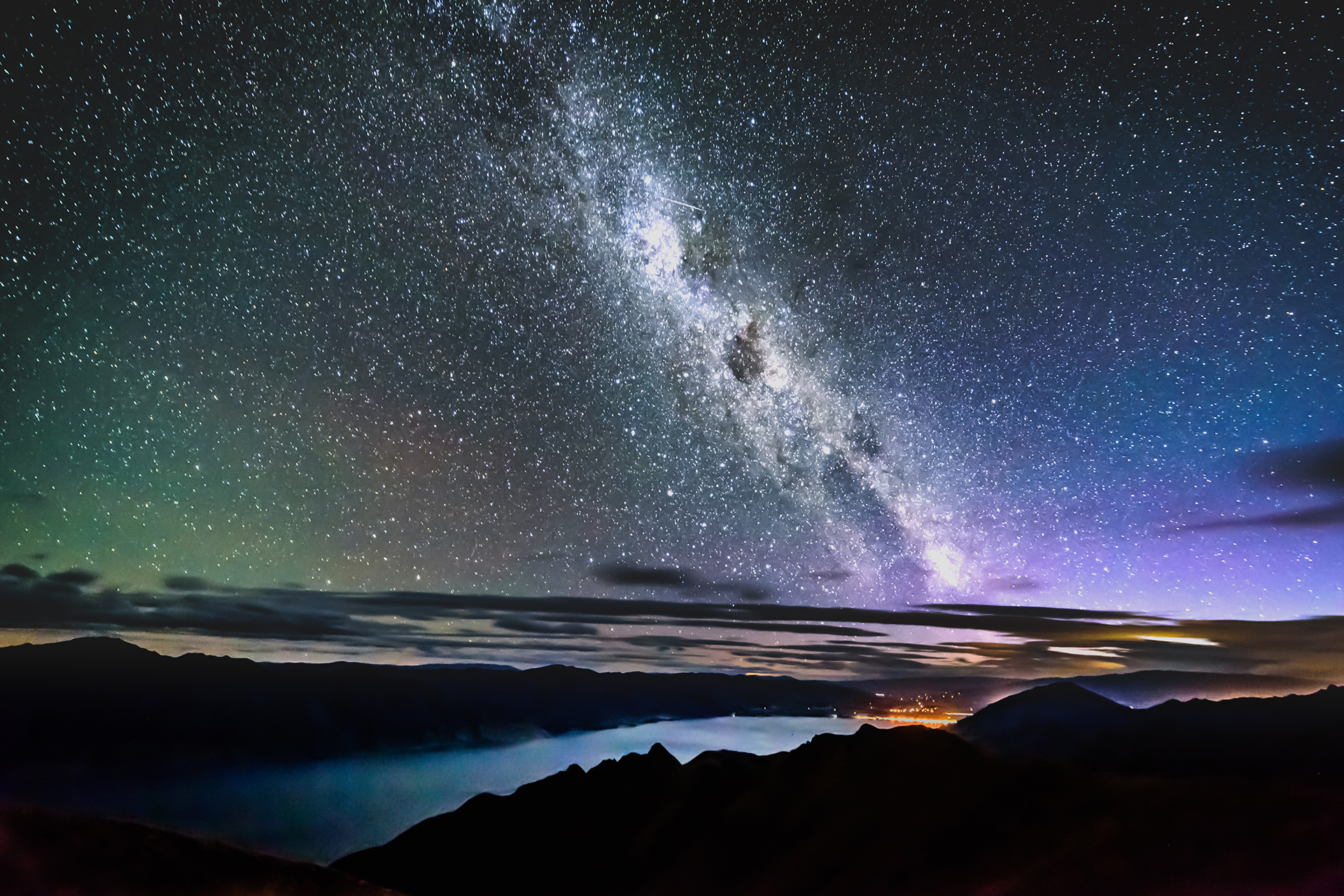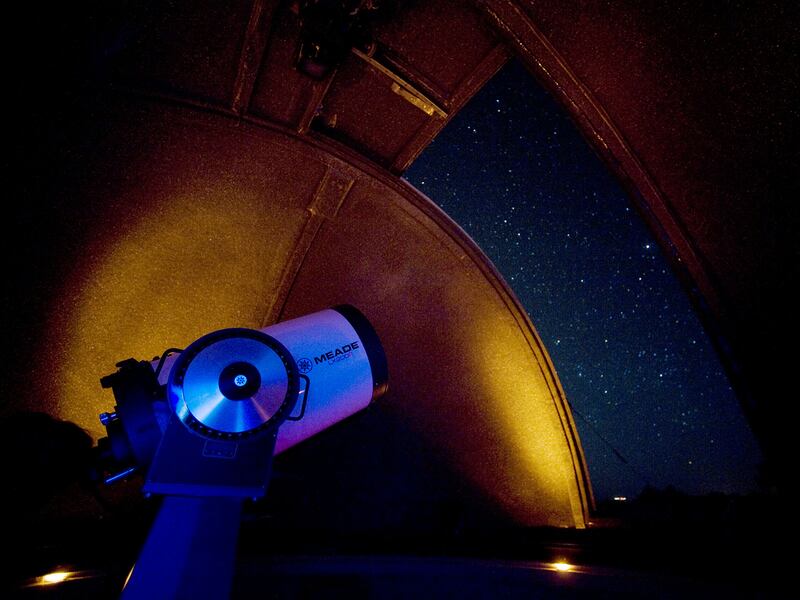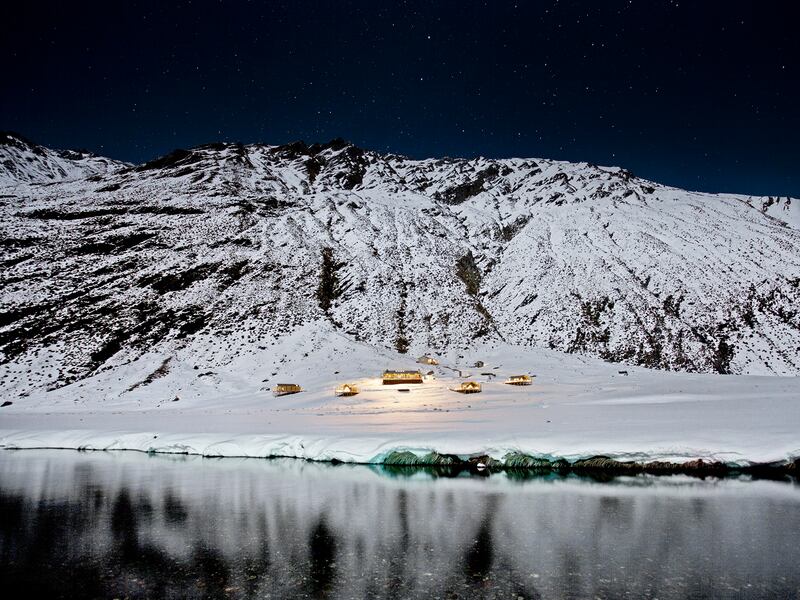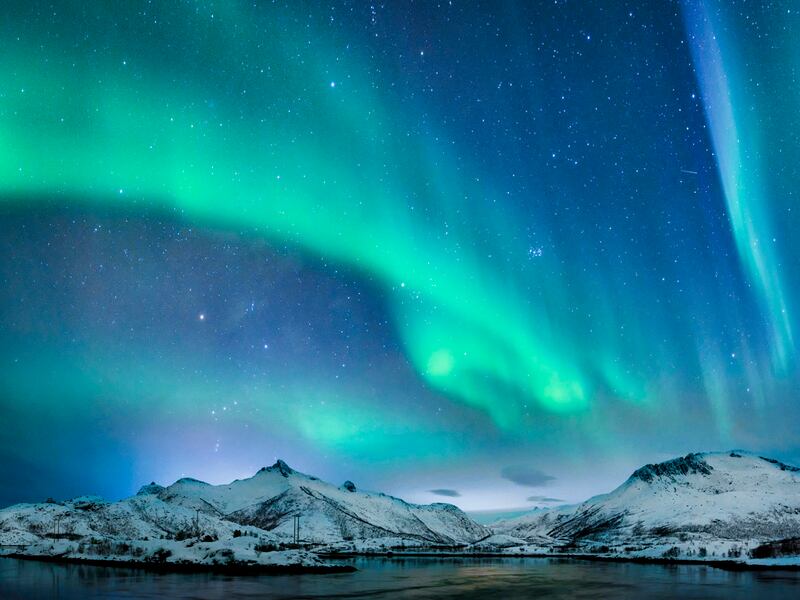
Reach for the Stars: The World’s Best Astronomy Tours
July 20, 2022
While tourism and culture have always had synergy—a point that UNESCO and the World Tourism Organization (UNWTO) have long driven forward—Future Market Insights predicted earlier this year that the special-interest tourism market would surge exponentially over the next few years, reaching a significant $26.9 trillion by the end of 2032, with recognition of leading companies gaining an edge over the competition by focusing on designing unique packages such as astronomy tours.
The stunning images of distant galaxies and light dating back 13 billion years, taken by space agency NASA’s $10 billion James Webb Space Telescope, will only have increased interest in stargazing. The telescope team hope one day to locate habitable planets beyond our solar system and then capture images of the very first stars.
The past two or so years have proven transformative to our travel priorities. As we’ve emerged from drawn-out periods of travel restrictions, many of us have returned to planning our travels with a hunger for experiences that afford an even greater connection to the destination we’re exploring.
Addressing this heightened demand for insightful travel experiences, several companies have enhanced their offerings with in-depth cultural and scientific tours. Other operators, such as The Luminaire, launched at this time to offer specialist academic tours in the company of world-renowned experts in a particular field.

Astronomy is among the specialist travel experiences to rise in popularity through this period, with an increasing number of travelers finding inspiration in the night sky. The International Dark-Sky Association is heightening the focus placed on astrotourism with the designation of Dark Sky Reserves around the world to ensure they’re protected from light pollution, as well as attracting tourists for their unrivaled stargazing potential.
“Preserving dark skies helps communities establish long-lasting tourism economies and keeps our places forever mighty,” said Vicki Varela, managing director of the Utah Office of Tourism, as the International Dark-Sky Association and the Utah Office of Tourism celebrated April as Dark Sky Month last year. These Dark Sky destinations are garnering increased attention as more curious travelers are making the journey to witness celestial phenomena such as solar eclipses, putting this previously niche interest on to the wider audience’s radar.

Search for the Southern Lights
Known for curating imaginative journeys, the luxury travel operator Black Tomato has a number of specialist tours focusing on astronomy and celestial events in particular. Between March and September, as an alternative to the more common Northern Lights tours, the New Zealand: A Luxury Adventure Chasing the Aurora Australis tour takes travelers in search of the Southern Lights on New Zealand’s South Island, home to the world’s largest International Dark Sky Reserve.
Expert astronomy guides lead this tour across peaks and valleys, and behind the scenes of the world’s southernmost research observatory on an adventure of stargazing and searching for the Southern Lights, based out of the area’s most luxurious lodges.
Also offering bespoke eclipse travel experiences, Black Tomato tailors luxury adventures that tie in with major upcoming celestial events. In April 2024, travelers have the opportunity to set out on an adventurous journey taking in the total solar eclipse that is appearing at its maximum at that time over the North American continent, with a focus on Austin, Texas more specifically.

Related: Discover the Return of Tailor-Made Train Travel
National Geographic Expeditions has also been integrating stargazing experiences into its adventurous tours, from joining a Bedouin guide on a stargazing walk amid the dunes in Jordan to going in search of the Northern Lights in the Canadian Arctic and studying the night sky through the telescopes of Cusco Planetarium on a trip to Machu Picchu.
Experience a Total Solar Eclipse
TravelQuest meanwhile is looking ahead to the total solar eclipse in April 2023 with a tour in the Western Australia Outback. As well as traveling to Australia’s North West Cape for the total solar eclipse, this tour will take in the coastal and inland wilderness of Western Australia with stargazing experiences each step of the way.
Belmond is then bringing astronomy into its Scottish journeys with the chance to join an expert astronomer on a planetary exploration in the Cairngorms during a trip on the Royal Scotsman, a Belmond train. Hurtigruten is also enhancing its collection of curated cruises with the specialist Astronomy Voyage | In Search of the Northern Lights, combining a search for the Aurora Borealis along the Norwegian coast with expert-led lectures and guided tours focusing on the night sky, while also delving into the myths and legends linked to the constellations.

Related: What's the Future for Sustainable Air Travel?
Adding to the increasing number of astrotourism tours, several luxury retreats in Dark Sky destinations also have their astronomical offerings, from their own planetariums to stargazing programs and in-house astronomers. Tucked into red rock country of southern Utah, Amangiri is the perfect hideaway for stargazing. As such, astronomy is featured among the retreat’s curation of Cultural Encounters, with a resident astronomer on hand to lead guests on a tour of the night sky, utilizing the property’s Orion telescope.
Traveling south to the Chilean retreat Explora Atacama, guests of the luxury lodge can join an exploration of the Atacama’s famously clear and dark skies in which insight is given into the local culture surrounding these stellar sights in the lodge’s own observatory. Over in Namibia, andBeyond Sossusvlei Desert Lodge makes the most of its position on the edge of an International Dark Sky Reserve with stargazing experiences afforded by its on-site, state-of-the-art observatory, the expertise of a resident astronomer, and large stargazing skylights above each luxurious suite’s bed.

In New Zealand, Mt Cook Lakeside Retreat draws on its setting at the heart of the Aoraki Mackenzie International Dark Sky Reserve in offering stargazing experiences from its Pukaki Wine Cellar and Observatory, complete with a retractable roof and six-inch refractor telescope, which can also be used for astrophotography. Special astronomy events taking place in this unique setting range from Billion Star Dining to Private Stargazing with nibbles and whiskey or wine.
From the Atacama Desert to southern New Zealand and the red rock landscape of Utah, some of the most inspiring tourism offerings out there connect you to the environment and culture through these astronomical experiences.
Banner image: The Southern Lights, also known as Aurora Australis, seen above Lake Wanaka, South Island, New Zealand. Courtesy: Black Tomato


